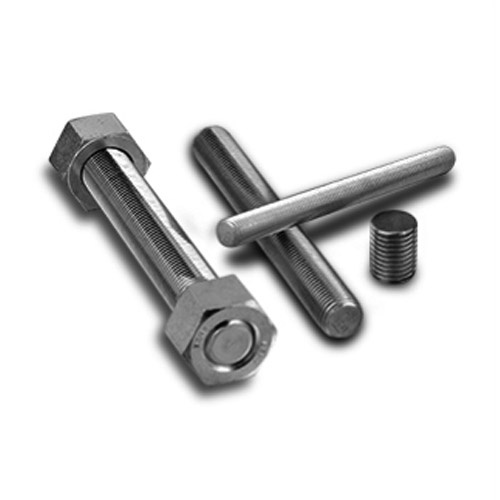

F3125 Standard Bolts for Structural Applications and Construction Projects
Oct . 09, 2024 15:39 Back to list
F3125 Standard Bolts for Structural Applications and Construction Projects
Understanding F3125 Bolts Specifications and Applications
F3125 bolts are a specific class of fasteners that adhere to the guidelines established by the ASTM F3125 standard. This standard is crucial for ensuring the performance and reliability of bolts used in structural applications, particularly in situations where high strength and durability are essential.
What are F3125 Bolts?
F3125 bolts are often used in connections requiring high-strength bolts. The standard covers various grades of bolts, including grades A325, A490, and others, which are typically made from carbon steel. These bolts are designed to withstand significant loads, making them ideal for heavy-duty applications like steel construction, bridges, and industrial machinery.
Specifications and Characteristics
The primary characteristics of F3125 bolts include their material properties, thickness, and the manufacturing process. Each grade within the F3125 standard has defined yield and tensile strength requirements. For example, Grade A325 bolts typically have a minimum yield strength of 75 ksi (kilopounds per square inch) while Grade A490 boltage boasts a minimum yield strength of 90 ksi.
The bolts must also meet specific criteria regarding dimensions and tolerances. They are available in various sizes, and their diameters can range from 1/2 inch to 1.5 inches, making them versatile for different applications. Fasteners must undergo rigorous testing, including tensile tests, to ensure that they meet the necessary standards before being deemed fit for use.
Applications of F3125 Bolts
F3125 bolts are used across various industries, primarily in construction. Their strength and reliability make them indispensable in projects where structural integrity is paramount. This includes
f3125 bolts

1. Building Construction F3125 bolts are commonly used in steel frame buildings, where they connect structural beams and columns.
2. Bridge Construction High-strength bolts like those in the F3125 standard ensure that bridges can handle the dynamic loads imposed by vehicle traffic while maintaining safety and stability.
3. Industrial Machinery In industries that require heavy machinery, F3125 bolts secure components that experience high stress during operation, ensuring reliability and performance.
4. Wind Turbines With the increase in renewable energy infrastructure, F3125 bolts are increasingly employed in wind turbine assembly, where they must withstand high forces and environmental conditions.
Importance of Proper Installation
The installation of F3125 bolts is a critical aspect that cannot be overlooked. Proper torque specifications must be followed to achieve the desired clamping force. Additionally, techniques such as bolt tensioning or using calibrated wrenches are often employed to guarantee that the bolts are tight enough to resist shear forces but not so tight that they risk failure.
Conclusion
F3125 bolts play an integral role in modern construction and engineering applications. Their standardized properties ensure that they can safely and reliably support the structures in which they are used. As industries continue to evolve, understanding the specifications and applications of these high-strength fasteners remains vital for engineers and construction professionals alike. By adhering to the ASTM F3125 standard, manufacturers and users can assure both quality and safety in the structures that feature these essential components.
Latest news
-
Hot Dip Galvanized Bolts - Hebei Longze | High Strength, Corrosion Resistance
NewsAug.01,2025
-
High-Strength Hot Dip Galvanized Bolts - LongZe | Corrosion Resistance, Custom Sizes
NewsAug.01,2025
-
Best Self Tapping Screws for Drywall - Fast & Secure Installation
NewsJul.31,2025
-
High-Strength Hot Dip Galvanized Bolts-Hebei Longze|Corrosion Resistance&Customization
NewsJul.31,2025
-
Hot Dip Galvanized Bolts-Hebei Longze Metal Products|Corrosion Resistance&High Strength
NewsJul.31,2025
-
Hot Dip Galvanized Bolts-About LongZe|High Strength, Corrosion Resistance
NewsJul.30,2025

